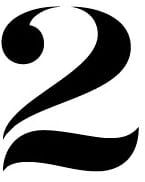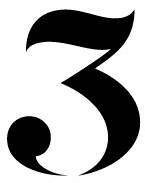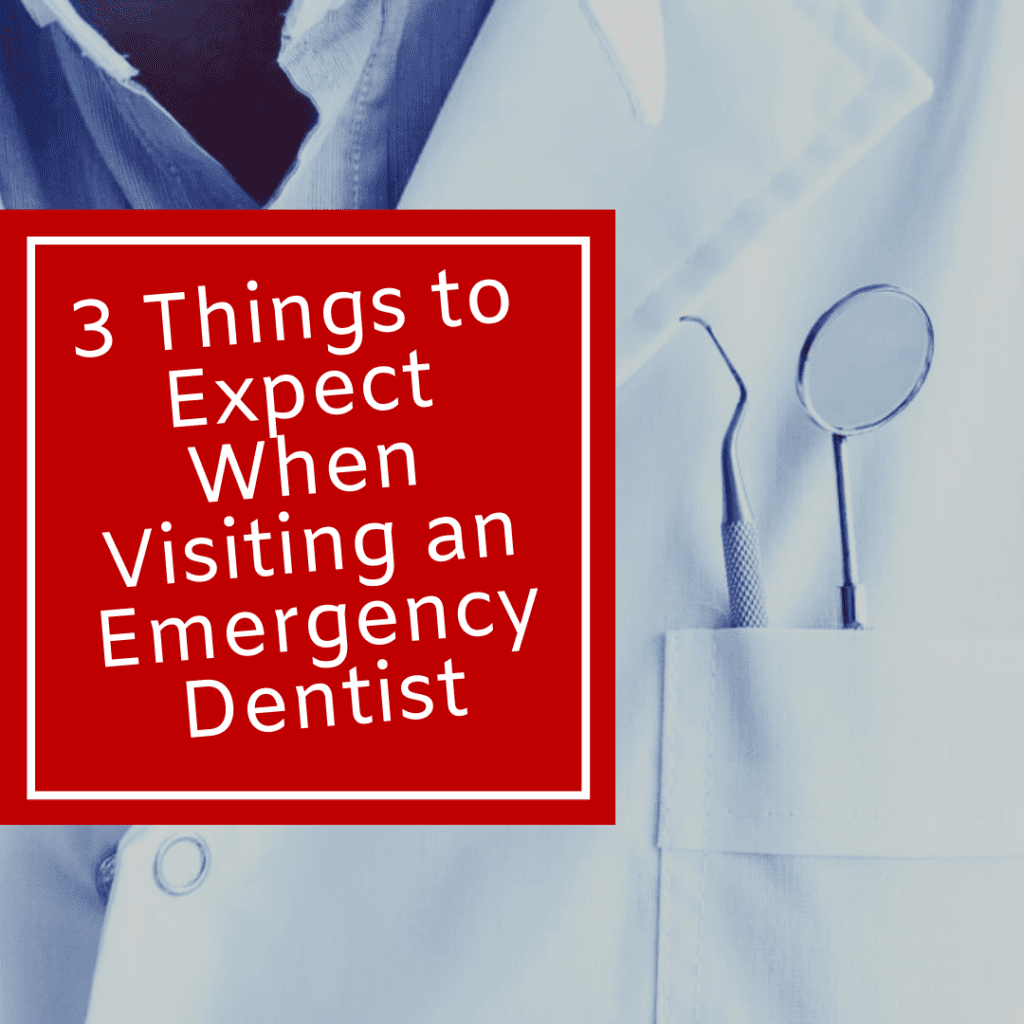Most people know that if they break a bone, they will get a cast or if they cut their finger, they will get stitches. However, not as many people know what happens if they chip a tooth or if they have it knocked out entirely. As with any type of emergency, certain dental emergencies can require immediate attention for the best treatment outcome.
The first thing you should do in the case of a dental emergency is to call your general dentist to find out if they offer emergency dental services. Most general dentists provide emergency dental services and their receptionists will be able to make you an emergency dental appointment. An emergency dental appointment is slightly different than a routine dental visit. To help you prepare, here are three things to expect when visiting an emergency dentist:

Expect to be Penciled In
Emergency dentists maintain time in their schedule for seeing patients with dental emergencies. This means that if you have a severe dental emergency, you will likely be seen immediately. Dental emergencies that are less severe may be seen within the same day or within a few days. Usually, dental emergencies that are causing the patient pain or discomfort are seen sooner rather than later. However, if your dental emergency is not severe and your dentist cannot see you right away, they will provide you with information on how to manage the problem until your appointment.


Expect to Have an Emergency Dental Exam
An emergency dental exam is different than a routine dental exam. Routine dental exams are used to assess your overall oral health. During a routine exam, various structures are evaluated like your teeth, gums, soft tissues, and bite. However, with an emergency dental exam, only the source of the emergency is examined to determine the best course of action. Your medical history and current medications may also be discussed before beginning treatment, however this step may be skipped if you are visiting your usual dentist.

Expect the Possibility of Dental Anesthetics and Dental Sedation
If you have an emergency that is causing pain or that is sensitive when touched, your emergency dentist will likely need to use dental anesthetics to numb you while they examine and treat the affected area. Even if you are not experiencing painful symptoms, if your emergency requires certain types of emergency dental treatments, local anesthetics will likely be used. If you suffer from dental anxiety or if your dentist needs to perform a more invasive dental treatment, you may also be sedated to relax you. Children with dental emergencies may also be sedated to keep them from moving and to prevent them from developing dental fear.
Ultimately, when you visit an emergency dentist, you can expect them to pencil you in as soon as possible, perform an emergency dental exam, and use dental anesthetics and/or sedation to make your treatment as pleasant as possible. For these reasons, it is highly important to call your local emergency dental office if you suspect you have a dental emergency. Just like breaking a bone means getting a cast and cutting your finger means getting stitches, having problems with your teeth means seeing an emergency dentist.

Dr. Michael C. Shuck received his Doctor of Dental Surgery (DDS) degree from the Medical College of Virginia, Cum Laude. He takes part in many volunteer outreach events, including Virginia’s Mission of Mercy project, Virginia Special Olympics, Give Kids a Smile, and the Jamaica Project. Dr. Shuck also is a regular volunteer at Williamsburg’s Olde Towne Medical Center. He actively participates with Virginia’s Donated Dental Service. Dr. Shuck has been a practicing dentist in the Williamsburg, Virginia area since 2007.


